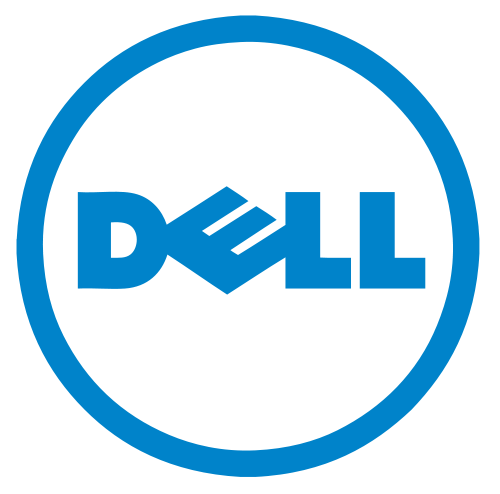A drop in first-quarter PC sales reported by research firm IDC was blamed, to some extent, on the public’s rejection of Microsoft Corp.’s (NASDAQ: MSFT) Windows 8. The rise of tablets and smartphones was given as another reason. No matter what the cause, the information makes Dell Inc. (NASDAQ: DELL) a much less attractive candidate for a takeover at current levels, or probably much lower ones, whether the deal is done by Carl Icahn or Blackstone Group L.P. (NYSE: BX), or Michael Dell’s partner Silver Lake.
Media reports claim that Blackstone has had trouble finding financing for its Dell bid. Perhaps Wall St. already has figured out what IDC confirmed. The shaky future of the PC has become perilous. It would not be surprising if the other offers hit similar funding road blocks.
Global PC sales in the first quarter dropped 13.9% to 76.4 million, according to the IDC Worldwide Quarterly PC Tracker. IDC earlier predicted the drop would only be 7.7%.
The economy was supposed to help sales, but it did not. IDC reported:
PC industry efforts to offer touch capabilities and ultraslim systems have been hampered by traditional barriers of price and component supply, as well as a weak reception for Windows 8. The PC industry is struggling to identify innovations that differentiate PCs from other products and inspire consumers to buy, and instead is meeting significant resistance to changes perceived as cumbersome or costly.
Dell’s numbers were worse than those of other large manufacturers:
Dell saw shipments decline by more than -10% globally and -14% in the United States. The vendor continued to face tough competition and struggled with customer uncertainty about the direction of its restructuring.
By contrast, sales of Dell’s Asian rival, Lenovo, were flat. The PC business it bought from International Business Machines Corp. (NYSE: IBM) is almost thriving.
The data leaves potential bidders, and even Michael Dell, to explain why the company is worth the $14.25 or so a share that has been discussed as the eventual sale price. A unit drop of 10% has to affect the company’s bottom line, and therefore its value. A share price that might have seemed reasonable a few weeks ago no longer does. Dell’s board warned that shareholders should take the Silver Lake deal, and it was obviously right, if people and institutions that are owners want to get their money out at current levels.
But “current levels” may not be the level of an eventual and final offer. The LBO firms must have their calculators out. And the new numbers cannot be promising.
In 20 Years, I Haven’t Seen A Cash Back Card This Good
After two decades of reviewing financial products I haven’t seen anything like this. Credit card companies are at war, handing out free rewards and benefits to win the best customers.
A good cash back card can be worth thousands of dollars a year in free money, not to mention other perks like travel, insurance, and access to fancy lounges.
Our top pick today pays up to 5% cash back, a $200 bonus on top, and $0 annual fee. Click here to apply before they stop offering rewards this generous.
Flywheel Publishing has partnered with CardRatings for our coverage of credit card products. Flywheel Publishing and CardRatings may receive a commission from card issuers.
Thank you for reading! Have some feedback for us?
Contact the 24/7 Wall St. editorial team.




